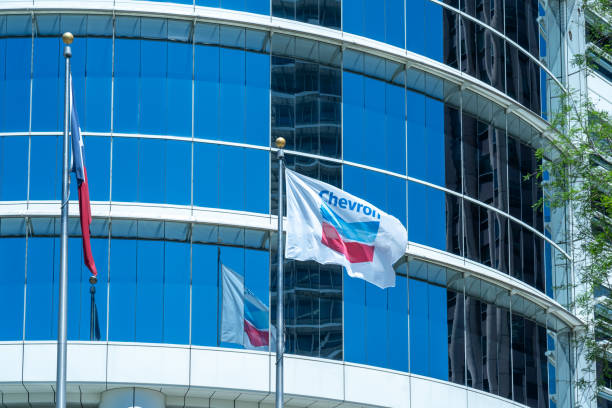In a significant policy pivot, the Trump administration has reversed its earlier decision and granted Chevron permission to resume oil production and exports in Venezuela. This reversal follows only five months after the administration revoked Chevron’s licence on human rights grounds. The new arrangement comes as part of diplomatic and strategic negotiations that reflect a changing tone in U.S. engagement with Caracas.
Background to the Reversal
Initially, the Biden administration issued a licence that enabled Chevron to operate in Venezuela, aiming to push Nicolás Maduro’s regime towards democratic reforms. Trump vehemently opposed this during his campaign, calling it a concession to Maduro. In February 2025, he formally cancelled the licence, aligning with maximum‑pressure tactics and citing concerns over election fraud and human rights abuses.
The rescission was endorsed by hard‑liners in Congress, including Secretary of State Marco Rubio, who had pushed for stronger economic leverage against Caracas. Yet internal divisions emerged, as figures like special envoy Richard Grenell urged transactional deals to advance U.S. interests on migration and energy.
Details of the New Licence for Chevron
Under the reinstated arrangement, Chevron is authorised to produce and export crude from joint ventures with PDVSA for six months. The licence will not auto‑renew, and royalties or taxes must be paid in oil rather than cash—designed to prevent direct financial benefit to Maduro’s government.
Senior State Department officials emphasised that “the U.S. government will not allow the Maduro regime to profit from the sale of oil,” though analysts question how such restrictions are enforced given PDVSA’s operational control.
The move follows a high‑profile prisoner exchange in July 2025. The U.S. secured the release of 10 detained American nationals while Venezuela accepted more than 250 Venezuelan nationals deported from the U.S. to El Salvador. Officials stated the Chevron licence was not formally part of the swap, though observers suggest the timing was linked strategically.
Strategic Calculations
Chevron had long lobbied for renewed access, warning that a U.S. exit would cede influence over Venezuela’s oil riches to China and Russia. The company estimated its joint ventures with PDVSA had produced around 240,000 barrels per day—roughly a quarter of Venezuela’s output.
Analysts also noted that Trump’s recent passage of major tax legislation, secured partly through votes from hard‑line Florida Republicans, freed the administration to relax Venezuela policy without domestic consequences.
Broader Implications
So far, it is unclear whether other foreign firms such as Eni, Repsol or Maurel & Prom will receive similar authorisations. Those companies had their licences revoked alongside Chevron earlier in the year.
U.S. sanctions on Venezuela remain in place, and the licence renewal does not translate to broader normalisation. Rather, this seems like a narrowly tailored exception crafted to serve U.S. energy and diplomatic goals while appearing to sideline Maduro financially.


